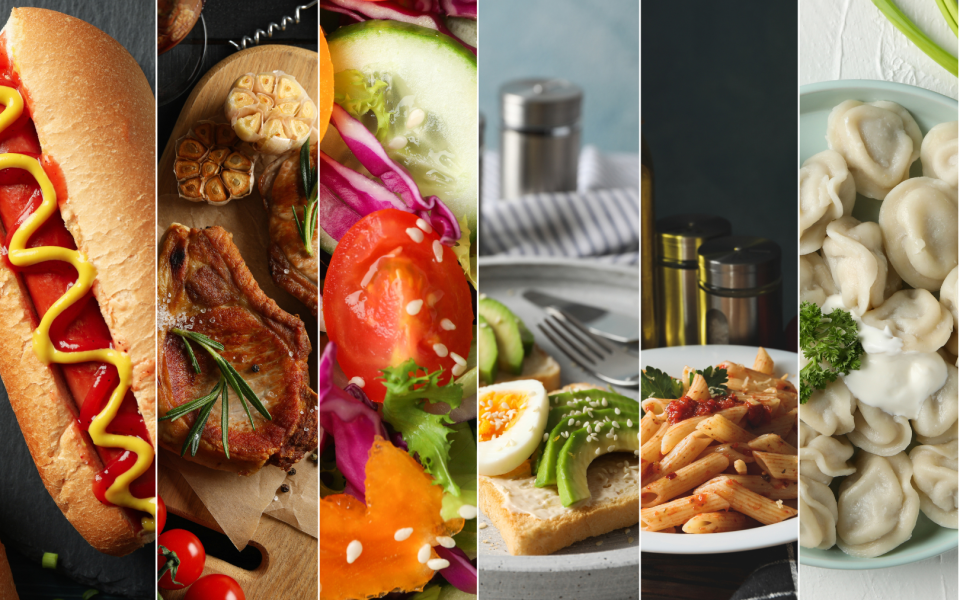It can be really difficult to know how to budget, as well as making sure you’re eating properly.
We’ve put together a guide to help you pinch the pennies whilst also keeping your meals healthy and filling.
Food shopping on a budget:
- Bulk buying: You might not have much kitchen space if you’re in a shared space, so shopping together in bulk and splitting the cost will really help lower costs whilst helping you keep track of what you’re spending.
- Plan your meals: If you head to the shops without a plan, you’ll end up coming back with lots of tasty things, but lots of added extras that you didn’t need.
- Set a spending limit: Have a set amount and be strict - don’t go over it.
- Don’t shop when hungry: Your belly will be excited, and your budget will go straight out of the window.
- Discounts: Make sure you have any discount cards/codes/apps on your phone, ready to use anytime. You never know when you might need to grab some milk, and you might have a 50p off code somewhere!
- Reduced items: If you shop at the right times, then you’re more likely to grab yourself a better bargain. Find out when your local supermarkets mark their reduced items down for the day and try to time your visit alongside this.
- Avoid waste: Made too much? Don’t throw it away, just freeze it or save for another day.
- Own-brand: It can be really tempting to stick with our favourite brands, but most supermarkets now have own-brand alternatives, and most of them taste the same too.
- Compare prices: Don’t just head to the most convenient shop, walk a little further and save some money. Those saved pennies all add up!
Tips for a healthier lifestyle:
- You won’t get everything you need from one single food or food group - it’s about balance.
- Fruit or vegetables should be eaten as part of a healthy diet, whether it’s fresh, frozen or canned.
- Sometimes it’s quality over quantity, so starchy foods such as bread and pasta are better when wholemeal.
- Plant-based protein foods such as chickpeas and beans are naturally low in saturated fat and are good to include regularly in meals.
- Healthier fats are better for using regularly, such as vegetables, nuts and olive oils over alternatives such as butter or palm oils.
- Sweet treats and salty snacks are ok, but try and keep portion sizes small - it’s all about balance.
- Don’t skip breakfast, it helps you get the nutrients you need to get through the day.
- Drink plenty: Try small amounts but more often, to help keep you hydrated.
- Get active: Switch your bus ride for a nice walk.
- Cut down on saturated fat and sugar: It needs to be there in your diet, just not too much.
- Eat less salt: No more than 6g a day for adults - this can raise your blood pressure, leading to health issues.
Useful links:
Ways to spend less:
Budget recipes:
Eating healthy tips:

